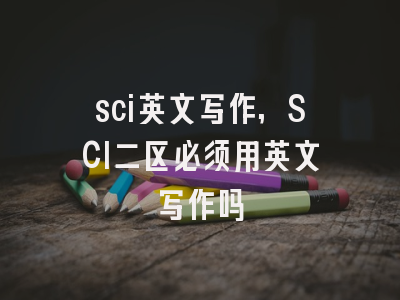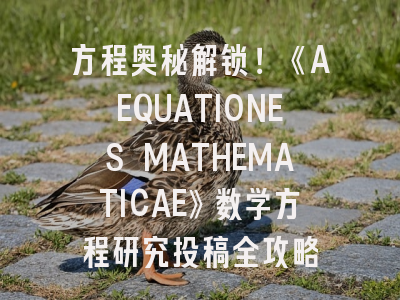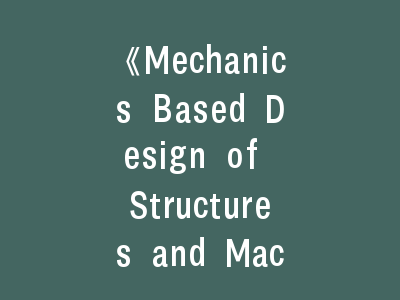
In the realm of academia and research, the ability to communicate findings effectively through scientific writing is paramount. This article delves into the intricacies of crafting compelling and precise scientific manuscripts, providing insights into the elements that contribute to impactful scholarly communication.
Introduction to Scientific Writing
Scientific writing is a discipline that requires a blend of technical precision and clear communication. It is the medium through which researchers share their methodologies, results, and conclusions with the scientific community. Effective scientific writing must be concise, logical, and devoid of ambiguity to ensure that the intended message is accurately conveyed. This section explores the foundational principles of scientific writing and its importance in the dissemination of knowledge.
Structure and Organization
The abstract is the concise summary of a scientific paper, highlighting the most critical aspects of the research. It should be clear, informative, and self-contained, providing readers with a snapshot of the study’s purpose, methods, results, and implications.
The introduction sets the stage for the research by outlining the background, context, and significance of the study. It should provide a clear statement of the research question or hypothesis and explain the gap in knowledge that the study aims to fill.
A detailed description of the experimental procedures is crucial in the methods section. This includes the materials used, the experimental design, and the statistical analysis. The aim is to provide enough information so that other researchers can replicate the study.
The results section presents the findings of the study in a logical and organized manner. It should be objective and focused on the data, without interpretation or discussion, which is reserved for the discussion section.
Here, the results are interpreted in the context of the existing literature. This section should explain the significance of the findings, their implications, and how they fit within the broader scope of the field.
The conclusion summarizes the key points of the study and reiterates its importance. It may also suggest areas for future research and the potential impact of the findings.
Writing Style and Language
Adopting a clear and concise writing style is essential in scientific writing. The language should be formal, objective, and free from personal opinions or biases. Passive voice is often preferred to emphasize the actions and results rather than the researchers themselves. Additionally, the use of jargon should be minimized, and any technical terms should be defined for clarity.
Citing Sources and Ethical Considerations
Proper citation of sources is a fundamental aspect of scientific writing, reflecting the integrity and scholarship of the research. It acknowledges the contributions of other researchers and avoids plagiarism. Ethical considerations also extend to the treatment of data, ensuring accuracy and honesty in reporting results.
In conclusion, scientific writing is a rigorous process that demands precision, clarity, and adherence to ethical standards. By mastering the art of scientific writing, researchers can effectively communicate their findings, contribute to the scientific discourse, and advance the frontiers of knowledge.
© 版权声明
本文由分享者转载或发布,内容仅供学习和交流,版权归原文作者所有。如有侵权,请留言联系更正或删除。
相关文章

暂无评论...





















